Good morning and welcome back to Energy Source coming to you today from London.
Overnight the Israeli army crossed the border into Lebanon, bringing the Middle East closer to an all-out war that pulls in Iran. The incursion is Israel’s first land offensive against Hizbollah since 2006 and yet oil prices have barely moved. Brent crude was flat on Monday and down 2 per cent on Tuesday morning in London amid expectations elsewhere that Libya was preparing to restore almost 1mn barrels a day of production.
For now traders are still betting that the escalating conflict will not disrupt supply from any of the region’s major producers and that, if it does, Opec+ members, particularly Saudi Arabia and the United Arab Emirates, will have more than enough spare capacity to compensate for disruption elsewhere.
Brent crude prices closed down more than 3 per cent last week after I reported that after two years of production cuts Saudi Arabia is committed to increasing output from December 1. Given the kingdom’s plans and weaker than expected oil demand growth from China, crude prices may not rally even if the conflict worsens. We will keep watching.
Our main report today takes us to Lagos, where our west Africa correspondent Aanu Adeoye asks how much Nigerians should pay for petrol.
Thanks for reading,
Tom
Nigeria’s ‘polarising’ petrol subsidies under new scrutiny
How much is a litre of petrol worth in Nigeria? Now that the country’s 650,000-barrel-a-day Dangote refinery has started producing the fuel, making it locally available, the age-old conundrum needs solving.
In most countries, it is a straightforward answer predicated on the global price of crude and the forces of demand and supply peculiar to each nation.
Nigeria is not one of those countries.
For decades, Africa’s largest oil producer, which discovered oil four years before it gained independence in 1960 from the British, has allowed its citizens to pay some of the lowest petrol prices in the world, subsidised annually by the government to the tune of billions of dollars. In a country bereft of social welfare benefits that typically flow from the government to its people, Nigerians regard cheap petrol as the only social good their oil-rich nation bestows on them.
But the subsidies are financially ruinous and the bill keeps rising every year. In 2022, subsidies guzzled up $10bn and left the state oil company NNPC nothing to remit to the treasury. Spending on fuel handouts represent a not insignificant slice of the country’s GDP. Subsidies are also largely regressive in that they mostly benefit car-owning urbanites, according to an IMF analysis, as well as those well off enough to afford a petrol-powered generator to substitute for erratic electricity supply from the national grid.
There was a mainstream economic consensus — from the IMF, World Bank and your neighbourhood economist — that the subsidies were unsustainable and had to be cut. Yet it became the third rail of Nigerian society, a political potato that was too hot to touch. Periodic and often halfhearted attempts by previous governments to eliminate these subsidies led to nationwide protests.
“Petrol prices are such a polarising topic in Nigeria,” said Noelle Okwedy, at consultant Nextier, an energy advisory. “It’s a combination of factors: high inflation and low trust that funds that would be saved from not paying subsidies would go into development or healthcare or education.”
Then came Bola Tinubu, who became Nigerian president last year. In his inaugural address and to everyone’s surprise, he declared the subsidies were “gone”. Fuel prices tripled overnight as people scrambled. It fed into already worsening inflation. But Tinubu was hailed as embracing economic orthodoxy that would set the country on the path to growth.
His resolve held for only a few months. A decision to devalue the local naira currency meant fuel imports became unbearably expensive and Tinubu’s government reintroduced what the IMF called “implicit” subsidies by capping fuel pump prices. The landed cost of petrol was more than N1,000/litre ($0.60) but petrol station prices hovered around N630 for months. A leaked paper from the finance minister admitted the slumping currency meant the government was on course to pay more for subsidies this year than last.
This is where petrol imports — another anomaly of the Nigerian economy — come in. Despite being a major oil producer and a member of Opec, Nigeria has been unable to refine its own crude for decades, with state-owned refineries moribund, billions of dollars in investment notwithstanding. And so an absurdity continued for decades: Nigeria sent its crude to refineries abroad and imported finished products that the state then subsidised before reaching final consumers.
When the NNPC admitted last month that it was financially strained because of petrol import costs and it owed billions of dollars to its suppliers, it became inevitable that prices would go up. They have since risen by 45 per cent but are still below what they would cost without the help of the government.
Enter Aliko Dangote . . .
Nigeria’s most consequential industrialist of his generation built his empire on cement and acquired a fortune of nearly $14bn that made him Africa’s richest person. Dangote’s “single train” refinery, the largest of its kind in the world, has long being touted as a potential solution to Nigeria’s importation woes. The facility, located on the outskirts of Lagos, shipped its first petrol last month, sold solely to NNPC, an arrangement brokered by the Tinubu government, according to people familiar with the discussions.
Dangote, who has dollar-denominated debt to service, will inevitably sell petrol to NNPC at global prices. He said as much in a television interview last week. “The removal of subsidy is totally dependent on the government, not on us,” he said. “We have to make a profit. We built something worth $20bn so definitely we have to make money.”
Undoubtedly, Dangote’s home-brewed petrol will be cheaper than the imported variety but it remains unclear whether the state will allow NNPC to sell at market prices. In theory, fully eliminating subsidies could leave enough cash to invest in other areas, particularly health, education and social welfare programmes. But in a country where trust in government is low and a social safety net absent, few believe any savings will be properly channelled. And with an unpopular government sensitive to any protests, there is an understandable reluctance to let the markets fully decide the cost of petrol.
Okwedy said: “The horse has left the stable on subsidies. The NNPC can’t afford it and the government can’t afford it.”
“Something will force them to remove the subsidies: either they are broke and they can’t afford it any more even if people protest or oil prices decline and the naira improves and there’s no need for it any more,” she added. “Other than that, I don’t see them [willingly] taking it off.”
Nigeria needs to figure out how much a litre of petrol costs — it would have far-reaching consequences for a cash-strapped nation. (Aanu Adeoye)
Recommended watching: Can the Dangote refinery help to transform Nigeria’s oil industry — and the wider economy? This FT film explores the country’s struggle to break its “oil curse”.
Power Points
Energy Source is written and edited by Jamie Smyth, Myles McCormick, Amanda Chu, Tom Wilson and Malcolm Moore, with support from the FT’s global team of reporters. Reach us at energy.source@ft.com and follow us on X at @FTEnergy. Catch up on past editions of the newsletter here.
Recommended newsletters for you
Moral Money — Our unmissable newsletter on socially responsible business, sustainable finance and more. Sign up here
The Climate Graphic: Explained — Understanding the most important climate data of the week. Sign up here

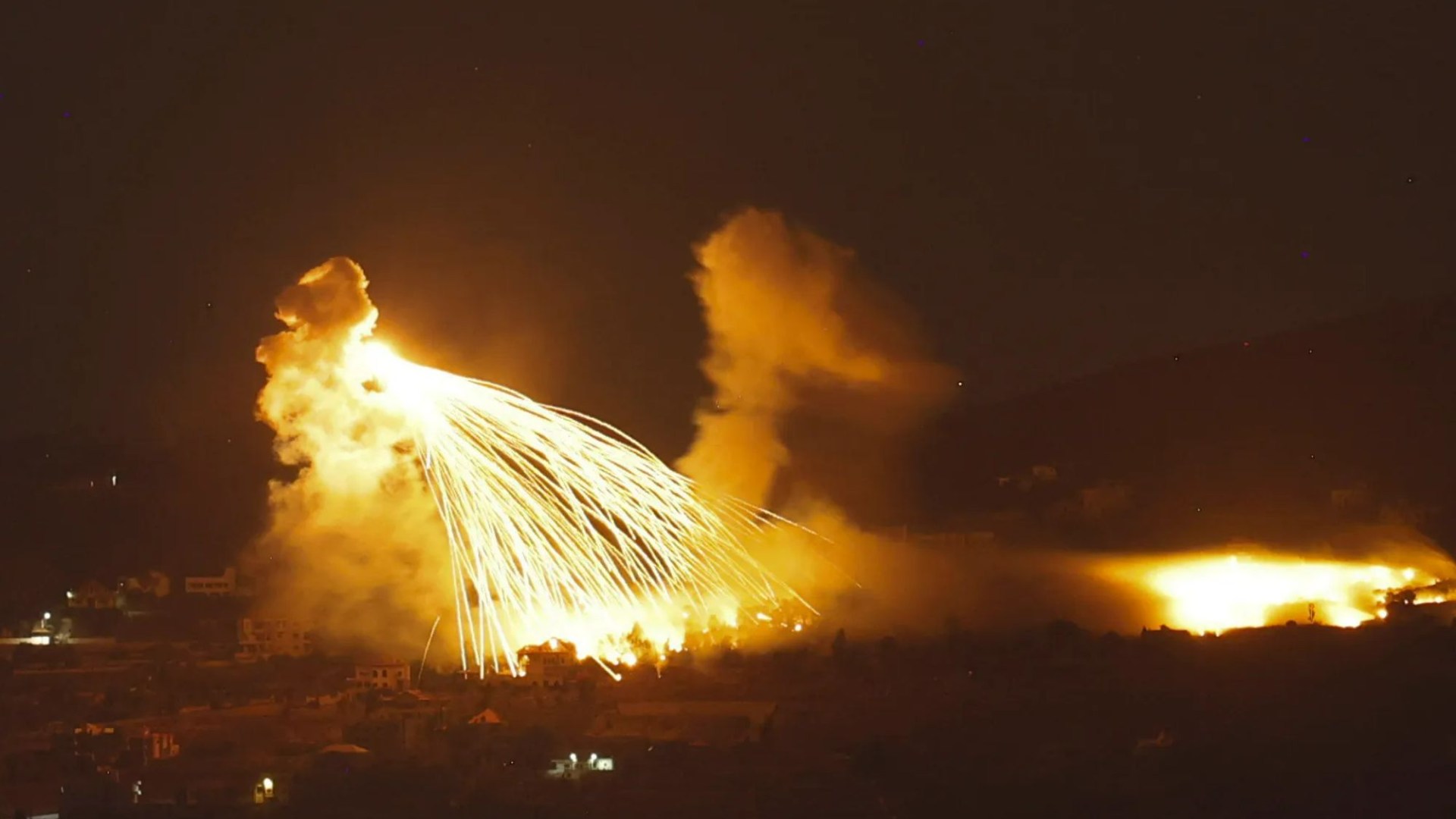




















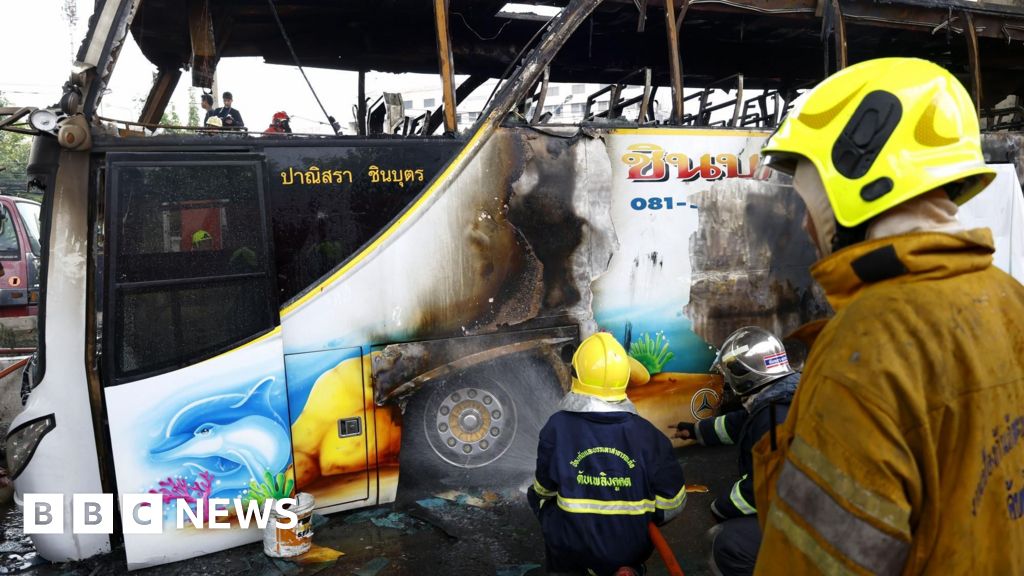
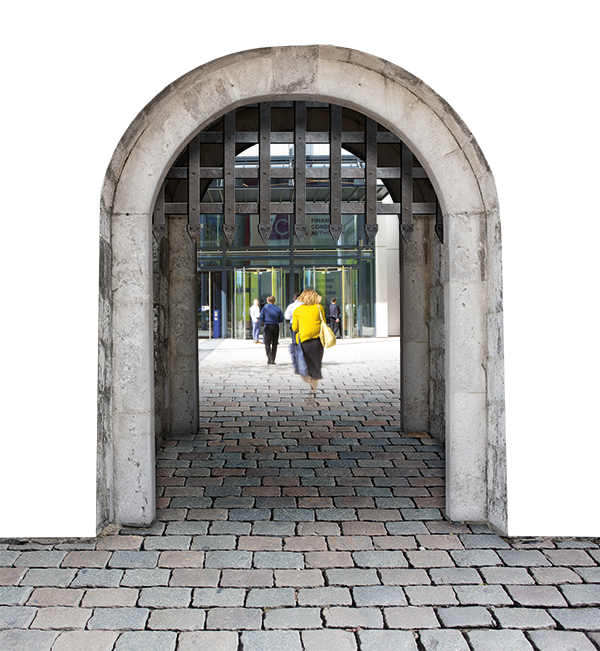


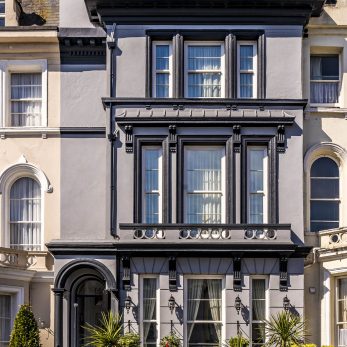
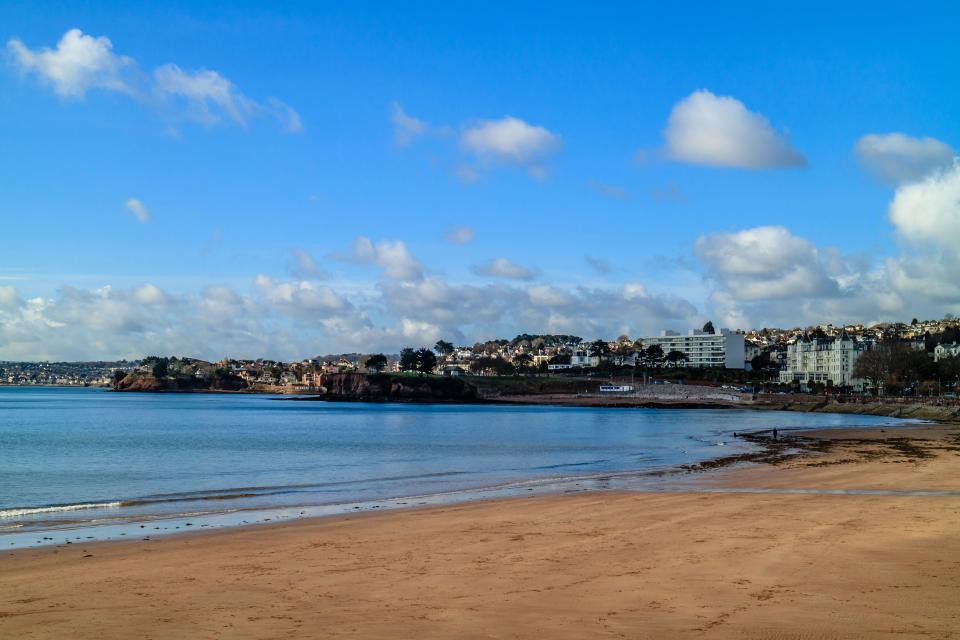

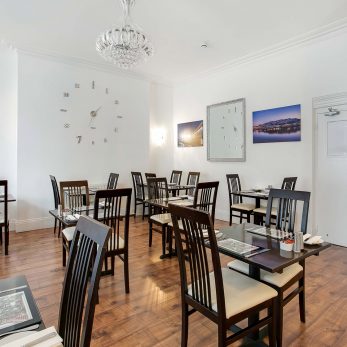
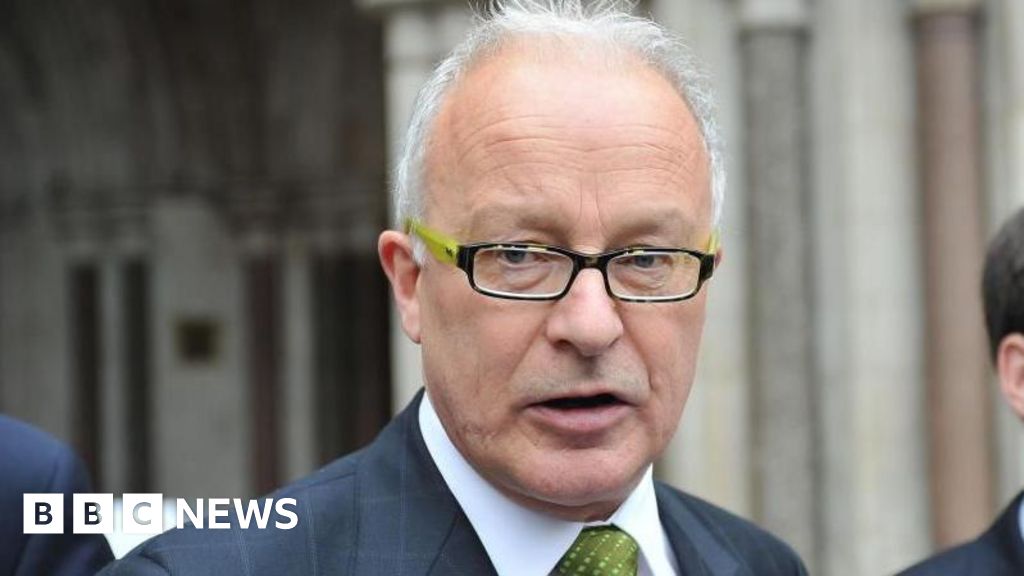
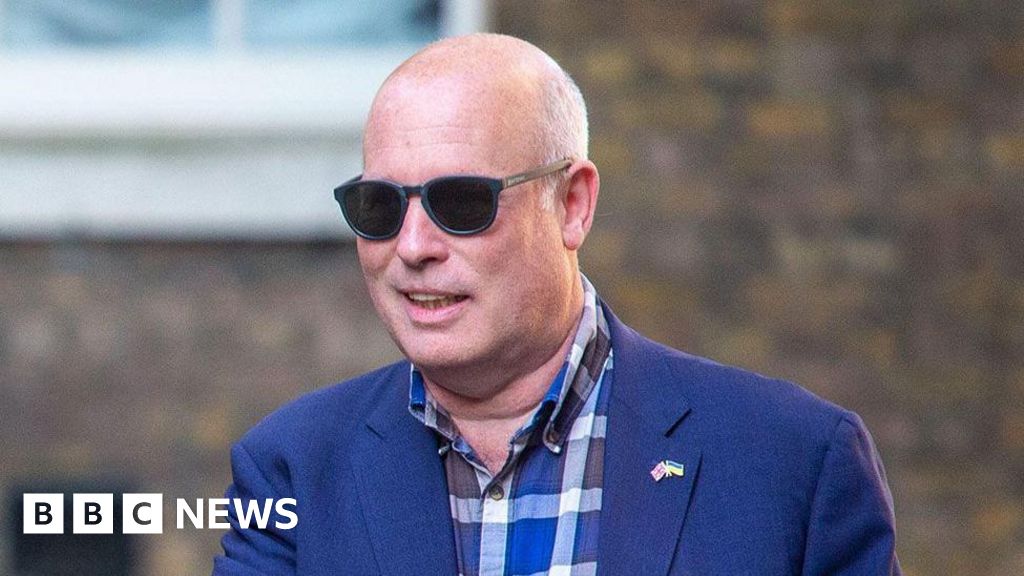
































































































































You must be logged in to post a comment Login